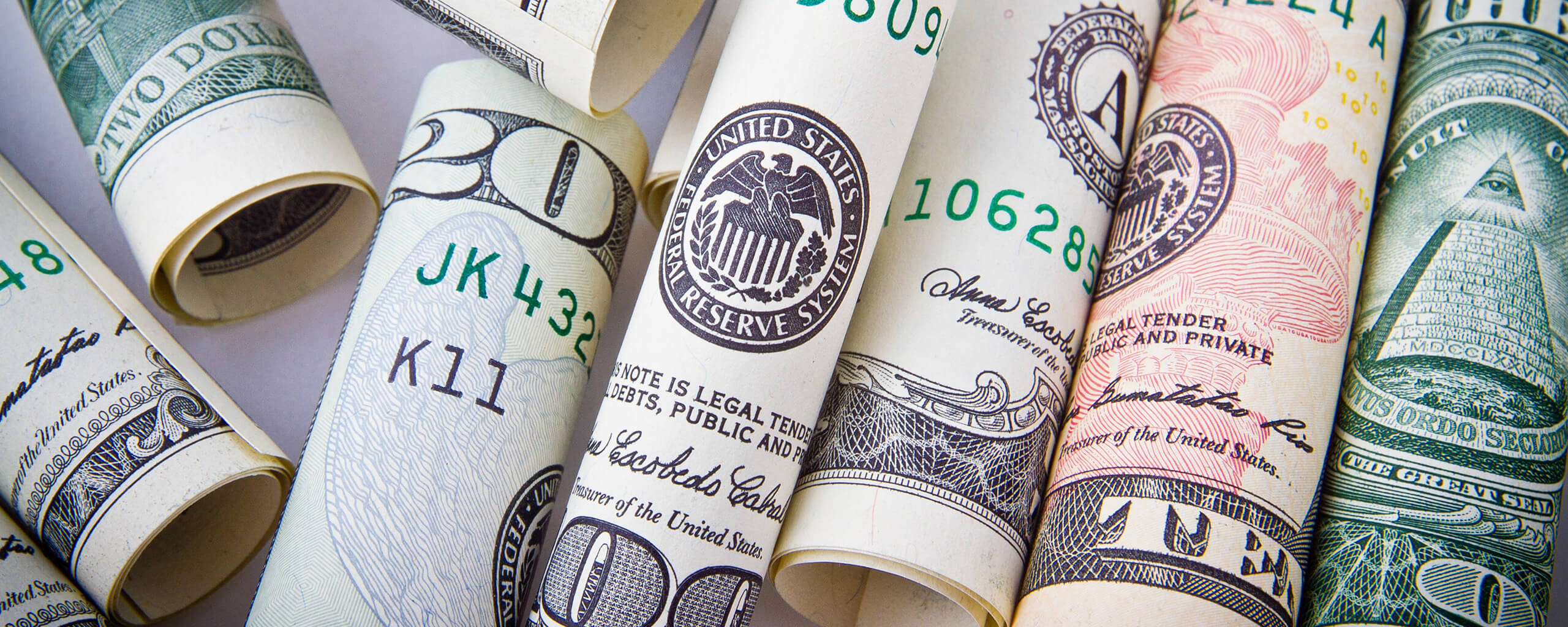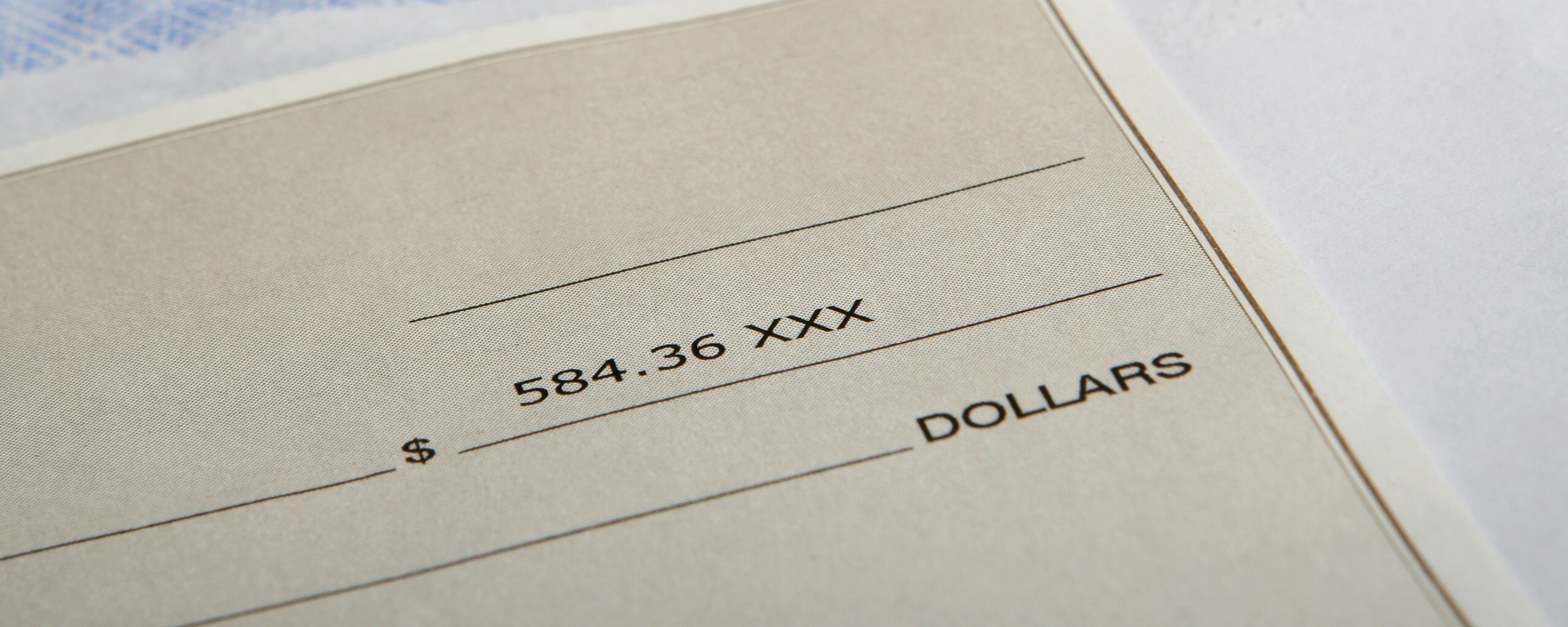Trading in the forex market can be a risky business for anyone who takes part. But forex fraudsters choose a risk level that gambles their client’s investments and threatens severe punishments for anyone who gets caught.
As one of the largest trading markets in the world, many financial predators lurk in the forex market. In fact, some of the greatest fraudsters in history have worked as forex brokers.
So what’s the story behind these forex villains and how can you protect yourself from any dodgy dealings?

False promises stateside
Korean-born USA-native Joseph Kim solicited massive amounts of cash from several investors under the promises of sizeable returns with a “low-risk virtual currency arbitrage strategy”.
Unfortunately, Kim’s actual strategy was more “spend, spend, spend” and he soon lost all their investments. Had the investors researched their forex aficionado, they would have noticed he was recently removed from his company for trying to steal their reserves of Bitcoin and Litecoin.
For his crimes, Kim was slapped with a permanent ban from trading in cryptocurrency and soliciting funds, will now have to serve 15 months in prison and pay out over $1.1 million.

The black diamond plot
Orchestrated by Keith Simmons and supported by his colleague, Deanne Salazar, Black Diamond was an intricate forex Ponzi scheme that ran from 2007 until 2009.
Claiming investment returns of up to 137% while declaring their trading program was fully-regulated, Simmons and Salazar were able to siphon $35 million from over 240 victims, many of whom were elderly. By using the money from new investors to make small payments to established ones, they avoided ever actually trading on the forex market.
After being arrested in 2010, Simmons was sentenced to 50 years in prison and fined more than $35 million in restitution. Salazar was sentenced to 4.5 years in prison and fined over $5 million.

Deception down under
Lance Jack Ryan and Jimmie Kevin McNicholl were the duo who designed the next deceitful deed. Over 1000 investors were targeted by this specific Ponzi scheme, which are all-too-common on the forex market.
Together they managed to secure over $8 million NZD in just a couple of short years through their fake trading platform, BlackfortFX. The business was registered by way of forgery and deception and the investments never even made it close to being traded on the forex market.
Whilst Jimmie received a lighter sentence of $50,000 NZD in compensation charges and one year’s home arrest, Lance Jack Ryan was struck with seven and a half years in prison.
“IF YOU THINK COMPLIANCE IS EXPENSIVE, TRY NON-COMPLIANCE”
Paul McNutty, Former U.S. Deputy Attorney General
Founded in 2011 in New Zealand by two Dutchmen, Michel Geurkink and Emad Echadi, IB Capital FX managed to solicit over 1,850 customers and $50 million through their forex scam in less than a single year.
Until new legislation in 2015, it was effortless for foreign nationals to set up as a forex broker in New Zealand. Geurkink and Echadi promised worldwide customers that their money could be used to trade exchange contracts over the counter, while lacking registration with the US Commodities and Futures Trading Commission (CFTC).
When the CFTC cottoned on to this illicit activity, they sentenced the pair to pay $35 million in restitution and a joint $420,000 civil fine.

How to fend off fraud
If you’ve chosen to trade in the forex market, we want you to feel as confident as possible when using a forex broker. Not only do we enable you to immediately move your funds between trading platforms across 40 different countries, we also know a thing or two about how to protect yourself from forex scammers.
If you want to keep your investments safe, there are a few things you can do:
- Ensure your broker is certified as being compliant with regulators in their country - a professional looking website or luxury office doesn’t guarantee this. If it isn’t clear, contact the country’s regulator and find out
- Beware of offers that promise large or quick returns or come across as if they’re doing you a favour - if a proposal is too good to be true, it probably is
- Keep track of your investment - if someone who’s sold you an investment becomes difficult to contact, or they don’t send through promised documents or payments… get out, ASAP




